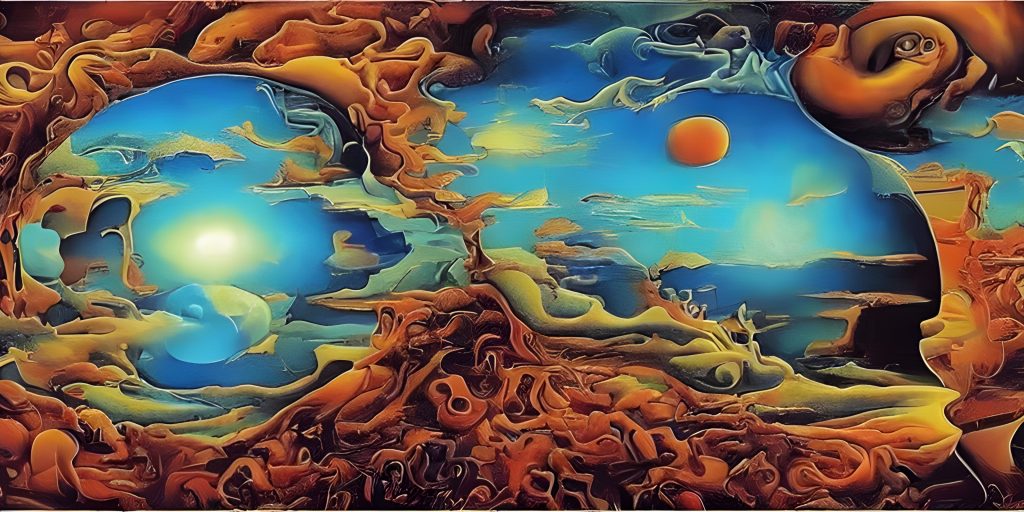Why Free Will Feels Free: The Role of Memory
The question of free will has been debated for centuries. Although most researchers agree that ultimate free will likely does not exist, humans still experience an illusion that their choices are freely made. This article argues that memory plays a crucial role in providing will with the subjective features that make it feel free, even if it is determined in reality.
Free will refers to the ability to choose between different possible options, implying that our choices are not fully determined by external causes, but rather result from our own independent will and agency. Understanding how attention shifts between topics can provide insights into the nature of free will.
Attention shifting involves both bottom-up processes driven by external stimuli, like a loud noise or sudden movement, and top-down processes involving our willfully directing attention to a new topic of interest. The interplay between bottom-up capture and top-down control determines how attention moves. Shifting attention requires effort and control, involving the intercession of areas of the brain associated with executive function and self-control. There are both conscious and unconscious elements in how attention shifts.
Top-down attention shifting is goal-directed and driven by our conscious intentions and goals. We willfully direct our attention towards things that we judge will help us achieve our purposes, overriding bottom-up capture. This reveals our capacity for willful self-determination and is dependent on working memory, which helps guide our willful shifting of attention between topics.
However, for true free will to exist, the source of our top-down attentional control would need to be independent of both external forces and internal drives, desires, and impulses. Memory provides the content of our goals and intentions that guide attention. At any given moment, “active” memories bias what we attend to next, constraining our choices.
Memory allows will to feel free and self-determined, even if it is ultimately deterministic. It provides goals, intentions, and motives separate from our immediate impulses and inclinations, making will feel more self-directed and independent. Memories consolidated in the distant past no longer seem linked to a causal chain, making choices based on them feel more free. Memory-derived values and principles can provide standards for judgment that appear to transcend one’s desires, giving the sense that will is guided by the self. The retrieval and rehearsal of memories strengthen them, allowing for a relatively stable influence on behavior and decisions over time, contributing to the feeling of a continuous existence of self.
In conclusion, while memory is a physical, determined phenomenon, the way it shapes goals, values, and potential choices endows will with the perceptual features that make it feel free. The mechanics of memory allow will to “act as if” it were free, even if it is not actually so in reality.

